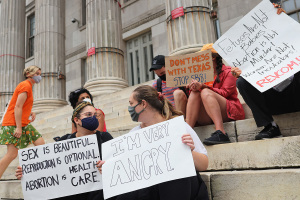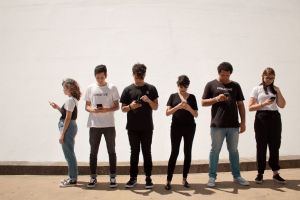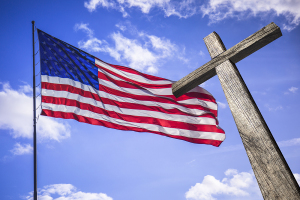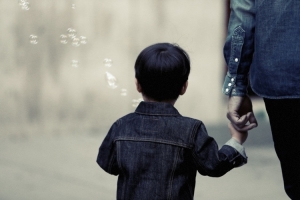The stories of immigrants remind Americans about what unites us
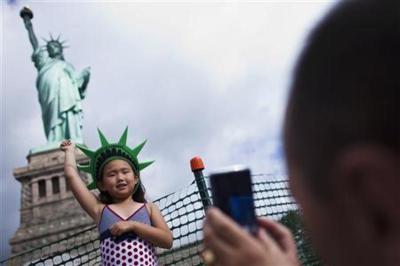
Few of us who saw it will ever forget the news footage of Afghans clinging to the outside of an aircraft during the U.S. evacuation of Afghanistan in August 2021.
“Afghans who do not adhere to the Taliban’s harsh and strict interpretation of Sunni Islam and adherents of other faiths of beliefs are at a grave threat,” according to the U.S. Commission on International Religious Freedom. Given USCIRF's assessment, it’s little wonder that the millions of Afghans who are religious minorities were, and still are, willing to risk their lives to escape the country.
Since its inception, America has been seen as a beacon of religious freedom. But how often do we think not only about those who are being persecuted for their religious beliefs in other nations, but also about those who have fled persecution for America?
Immigrants can lead the way in reminding a divided America that freedom of religion — even if we don’t adhere to the same religion or practice any religion — is a value that we all can and should embrace.
Over the years, I’ve interviewed dozens of immigrant women, and faith has been a prominent theme in our discussions. Most of these women, who hail from nations across the globe, believe in God or hold other religious beliefs. What I have discovered that these women have in common is escaping religious oppression in their home countries and searching for freedom in the United States.
For instance, Hsing-ay Hsu’s grandfather was a pastor in Communist China who’d been persecuted for his faith. When her father had the opportunity to secure a U.S. visa, part of the draw was the promise of religious and individual freedom.
Mai-Phương Nguyễn, MD, survived the Vietnam War and told me how her Buddhist faith helped her heal from tragedy and trauma.
Sasha Grinshpun’s family left the Soviet Union because of discrimination and injustice toward Jews that denied them access to the same opportunities as non-Jews.
Nnedi Ifudu Nweke spoke about her Christian faith keeping her grounded during her transition from Nigeria to life in the United States.
Freedom of religion is such an important, foundational idea to America that it’s the first thing mentioned in the Bill of Rights: “Congress shall make no law respecting an establishment of religion, or prohibiting the free exercise thereof.”[i] Religion is listed before freedom of speech, freedom of the press, the right to assembly, and the right to petition the government.
And rightfully so. Even a cursory study of 20th-century totalitarian regimes — such as those in Cambodia, Vietnam, the Soviet Union, and other countries — tells the same story: religious groups and leaders are typically the first ones targeted and persecuted. Despots want their citizens to place all their hopes in the government, not in any higher power or any other concept that enables them to find the freedom to live with dignity as human beings.
People often think of faith as a divisive topic. As the old saying goes, “Don’t talk about religion and politics.” But faith is a singularly unifying value in the United States. According to a 2020 Public Religion Research Institute study, over 75% of Americans have some kind of religious affiliation, whether Christian, Jewish, Muslim, Buddhist, or Hindu.[ii]
At a time when our nation seems more divided than ever, perhaps focusing on something the majority of us hold dear — our faith — can help reunite us. And immigrants can initiate that conversation. We have much to learn from immigrants’ experiences and stories, especially about what it means to be an American who values religious freedom.
[i] U.S. Const. amend. I.
[ii] PRRI Staff, “The 2020 Census of American Religion,” Public Religion Research Institute, July 8, 2021, https://www.prri.org/research/2020-census-of-american-religion/.
Chinwe Esimai is a lawyer, corporate executive, and author of the book, Brilliance Beyond Borders: Remarkable Women Leaders Share the Power of Immigrace.
















